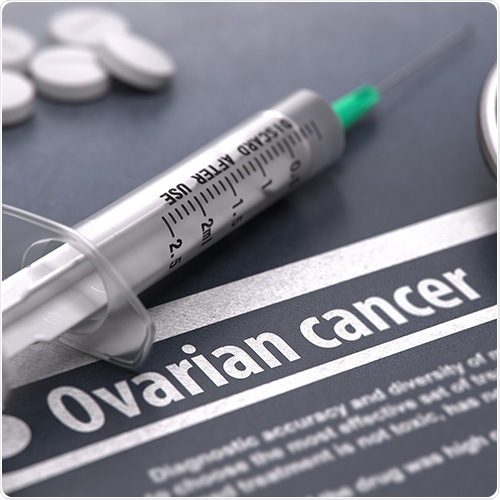The University of South Australia will lead a world-first study, using artificial intelligence, to map the risks of the most fatal reproductive cancer in women worldwide so it can be detected and treated earlier.

Ovarian cancer kills three women every day in Australia. Image Credit: University of South Australia
Internationally-renowned nutritional epidemiologist Professor Elina Hypponen and a team from UniSA’s Australian Centre for Precision Health have been awarded $1.2 million by the Federal Government to map the genetic and physical risks of ovarian cancer, based on the health records of 273,000 women from the UK Biobank database.
A machine learning model, which automatically analyses the data to identify patterns of risk, is expected to accurately predict which women will develop ovarian cancer in the next 15 years.
Ovarian cancer is usually diagnosed very late due to vague symptoms and few known causes, with a five-year survival rate of less than 30 per cent for women with late-stage cancer.
Genes, diet and lifestyle come into play and the researchers say a computational approach will narrow down those most at risk.
“With an early diagnosis, we can notably improve survival rates from ovarian cancer,” Prof Hypponen says. “If we can identify women who are at greatest risk, we can triage them for more intense screening, improving early detection and prognosis.”
The four-year project will pinpoint which factors can either increase or reduce the risks of ovarian cancer, with a special focus on metabolomics, the small molecules involved in breaking down fats for energy.
Scientists believe that changes in lipid metabolism are biomarkers for ovarian cancer and they will also explore hormonal data and blood biomarkers to better predict the risks.
We know that age, endometriosis, obesity and ovulation are risk factors, and there has been great interest in seeing if these risks might be modified using hormones or other medications, such as oral contraceptives or aspirin."
Elina Hypponen, Professor, UniSA’s Australian Centre for Precision Health
“There is also some research to suggest that we might even be able to modify ovarian cancer risk through diet,” Prof Hypponen says.
“Globally, this is the first and largest study of ovarian cancer to include such a comprehensive analysis of risk factors. We believe we can make significant headway in a very short time into the causes, detection and prevention of ovarian cancer,” Prof Hypponen says.